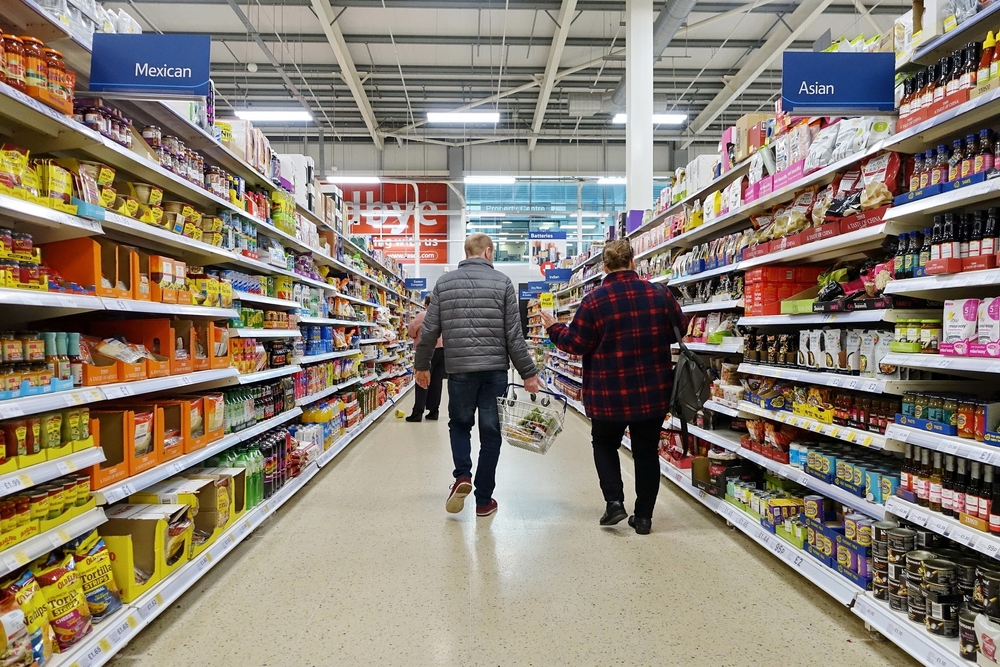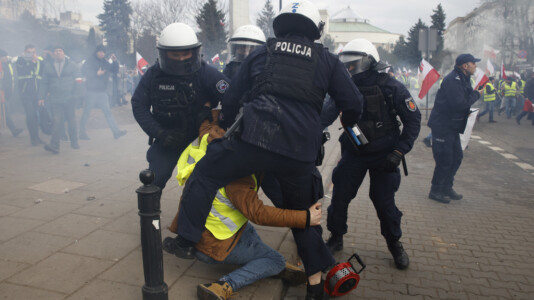In a decisive move by the governing coalition of Civic Platform (PO), the Third Way and the Left, it has been confirmed that there will be no continuation of the zero VAT rate on food, nor will there be a freeze on prices for electricity, gas, and urban heating. Instead, a reduction in VAT rates for eyebrow and eyelash beauty work is on the horizon.
The zero VAT rate on food, introduced by the government of Prime Minister Morawiecki, is set to expire on April 1, leading to an increase in food prices. Meanwhile, the freeze on electricity, gas and urban heating prices will end on June 30, signaling significant price hikes for these energy sources. But from April 1, the beauty industry will benefit from a VAT rate cut from 23 percent to 8 percent, likely resulting in lower prices for these specific services.
This strategy by the current majority government accepts the inevitability of food and energy price increases affecting all Poles, while simultaneously easing the tax burden on a sector whose services are typically used infrequently and which are often available to wealthier Poles with disposable income.
It is important to recall that the zero VAT rate on food has been in effect since Feb. 1, 2022, as a response to the price increases caused by the Covid-19 pandemic. It was extended several times and after the formation of the new parliamentary majority, former Prime Minister Morawiecki decided in early December of the previous year to extend it for the first quarter of 2024.
Continuing the zero VAT rate on food is deemed necessary for at least two reasons: its cessation will lead to a price increase of more than 5 percent, as the VAT rate will increase from 0 to 5 percent, impacting less affluent households and likely causing another inflationary push. Given that food expenses accounted for over 27 percent of household expenditures in Poland in 2023, the return to a 5 percent VAT rate will be particularly felt by the less affluent consumers.
Furthermore, from July 1 this year, the government under Donald Tusk does not plan to “freeze” energy carrier prices (electricity, gas, and heating for apartments in cities) anymore, leading to a sharp increase in their prices, especially for electricity. This will also lead to higher costs for businesses, and since energy is a component of the cost of producing every product or service, this implies a strong inflationary impulse throughout the economy.
During the election campaign, Donald Tusk, the chairman of Civic Platform, promised beauty industry representatives a reduction of VAT rates on their services from the current 23 percent to 8 percent. The industry is now demanding fulfillment of this promise and the finance minister has prepared the relevant regulation.
This situation clearly illustrates the governing plan of Civic Platform and its coalition partners: agreeing to VAT rate increases on food, despite food expenses constituting on average more than a quarter of every Polish family’s budget and accepting significant price increases for electricity, gas, and heating in cities, while simultaneously lowering VAT rates on beauty industry services, which most Poles only use occasionally.






